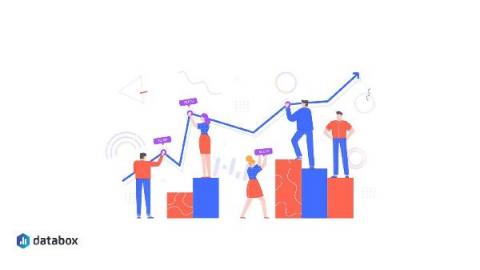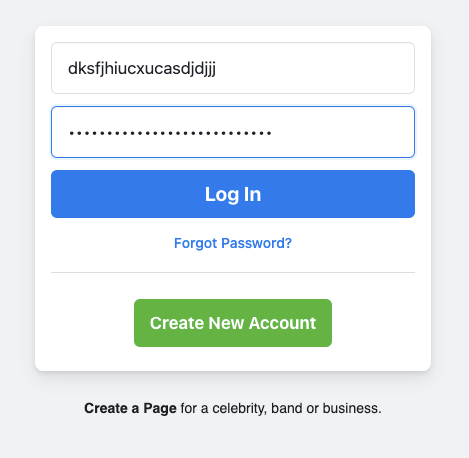Systems | Development | Analytics | API | Testing
Latest Blogs
Navigating the 8 fallacies of distributed computing
The fallacies of distributed computing are a list of 8 statements describing false assumptions that architects and developers involved with distributed systems might make (but should undoubtedly steer away from). In this blog post, we’ll look at what these fallacies are, how they came to be, and how to navigate them in order to engineer dependable distributed systems.
Rails Security Threats: Authentication
Authentication is at the heart of most web development, yet it is difficult to get right. In this article, Diogo Souza discusses common security problems with authentication systems and how you can resolve them. Even if you never build an authentication system from scratch (you shouldn't), understanding these security concerns will help you make sure whatever authentication system you use is doing its job.
Write simple CI scripts in Javascript on Bitrise
With Bitrise, you can kick off your builds in less than a minute thanks to the automatic project setup. But when you need a custom solution, you may need to dive in deeper. In this tutorial, we'll show you how you can do just that with Javascript.
Getting By With A Little Help From My Visual Tracing
When working with Rookout customers, one of the most commonly heard requests we hear is a plea for “context”. When trying to debug a complex applications, setting a Non-Breaking Breakpoint and fetching a full view of local variables and stack trace is a necessary first step. But in a complex, distributed environment, this first step is not always enough.
BigQuery row-level security enables more granular access to data
Data security is an ongoing concern for anyone managing a data warehouse. Organizations need to control access to data, down to the granular level, for secure access to data both internally and externally. With the complexity of data platforms increasing day by day, it's become even more critical to identify and monitor access to sensitive data.
GDPR: All You Need To Know And Do
Inside Zephyr - a celebration of the people behind your favorite tools
Have you ever wondered about the story behind the word ‘Zephyr’? Or how does one actually test a test management tool? Recently, we held “Inside Zephyr,” a special online community event to celebrate the Zephyr family of products. It was a sneak-peak behind the curtain, and the team of extraordinary people that make Zephyr tools so great – from original founders to developers, testers, and support agents.
Test automation for 2FA-enabled authentication with Testsigma
It is a common protocol for companies to disable two-factor authentication in their QA and Test Automation processes, the reason being the effort and cost required to carry it out. At Testsigma we recognize the importance of application security in a modern world, where releases are accelerating and the frequency of data breaches is increasing.
What Is a Data Lakehouse?
The data lakehouse is a promising new technology that combines aspects of data warehouses and data lakes.











